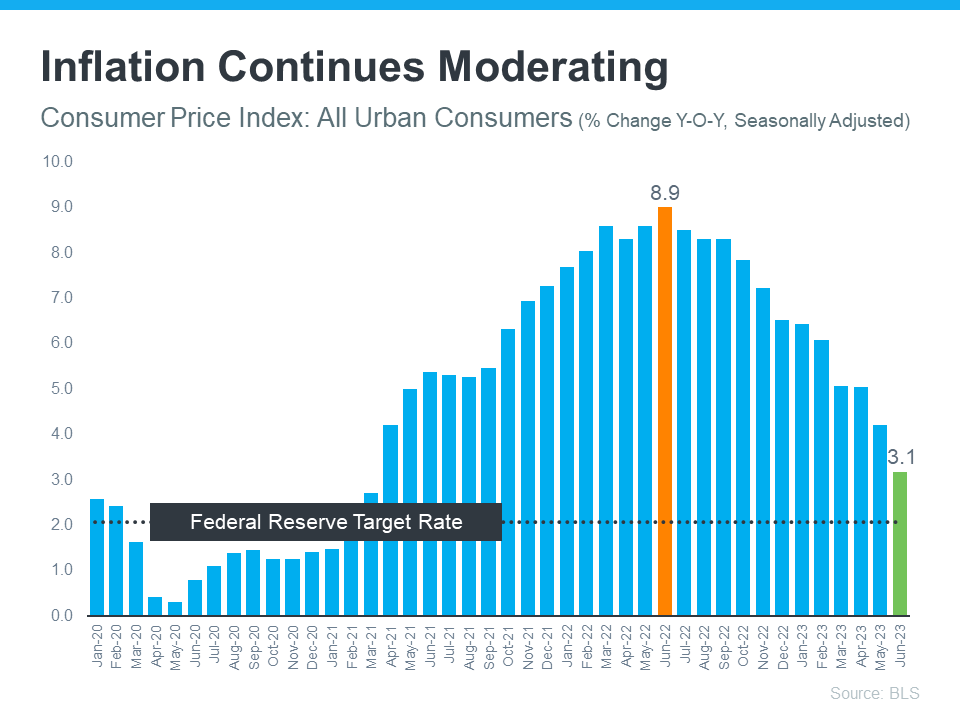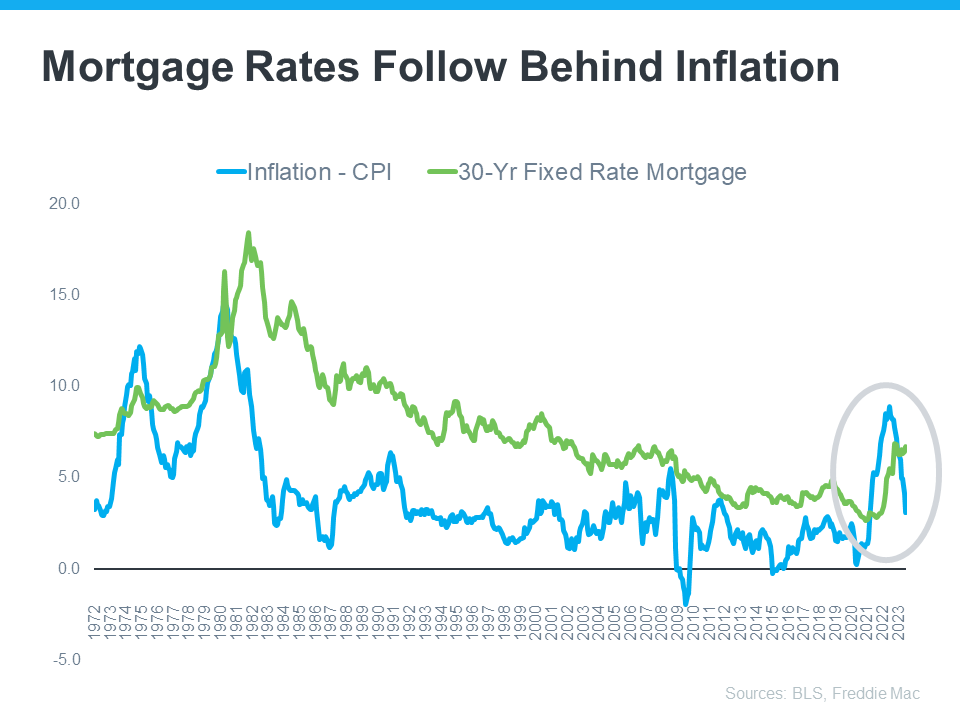 Last week’s scheduled economic reporting included readings on construction spending, public and private sector payroll growth, and the national unemployment rate. Weekly readings on mortgage rates and new jobless claims were also released.
Last week’s scheduled economic reporting included readings on construction spending, public and private sector payroll growth, and the national unemployment rate. Weekly readings on mortgage rates and new jobless claims were also released.
Construction Spending Slips in June
U.S. construction spending slipped by 0.60 percent to 0.50 percent growth in June; analysts expected a month-to-month reading of 0.70 percent growth in construction spending. Year-over-year construction spending increased by 3.50 percent of which single-family residential construction accounted for 2.10 May’s reading for construction spending was revised from 0.90 percent growth to 1.10 percent growth from May to June.
Private residential construction rose by 0.30 percent in June. Spending on public residential construction decreased by -0.20 percent.
July Payroll Growth Shows Mixed Results
ADP reported 324,000 private sector jobs added in July. Analysts predicted only 175,000 private sector jobs added in July while June’s reading showed 455,000 jobs added. The federal government’s Nonfarm Payrolls report showed 187,000 jobs added in July. Analysts expected 200,000 public and private sector jobs added in July while June’s reading showed 185,000 public and private sector jobs added.
The U.S. national unemployment rate dropped to 3.50 percent in July from June’s reading of 3.60 percent.
Mortgage Rates and Initial Jobless Claims Rise
Freddie Mac reported higher mortgage rates last week as the average rate for 30-year fixed-rate mortgages rose to 6.90 percent. The average rate for 15-year fixed-rate mortgages rose by 14 basis points to 6.25 percent. The Commerce Department reported that 227,000 jobless claims were filed last week, which matched expectations and was higher than the 221,000 unemployment claims filed in the previous week.
What’s Ahead
This week’s scheduled economic reporting includes readings on inflation and consumer sentiment. Weekly reports on mortgage rates and jobless claims will also be released.
 Making major life decisions often involves a delicate balancing act. Among the most significant choices individuals face are buying a new car and purchasing a new home. Both ventures represent milestones in one’s life, bringing excitement and anticipation. However, there is a complex interplay between these two financial endeavors that can significantly impact a person’s ability to achieve their dream of owning a new home. Here are some factors to consider:
Making major life decisions often involves a delicate balancing act. Among the most significant choices individuals face are buying a new car and purchasing a new home. Both ventures represent milestones in one’s life, bringing excitement and anticipation. However, there is a complex interplay between these two financial endeavors that can significantly impact a person’s ability to achieve their dream of owning a new home. Here are some factors to consider:

